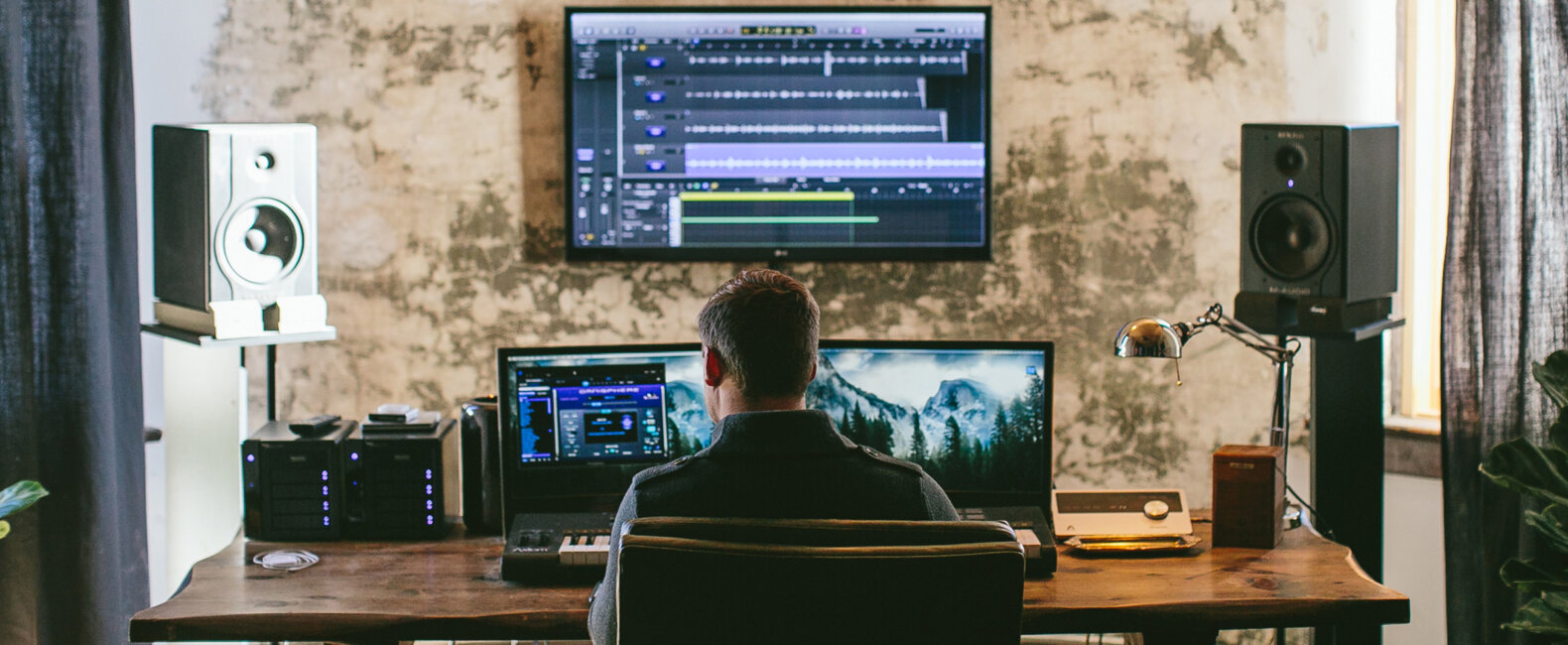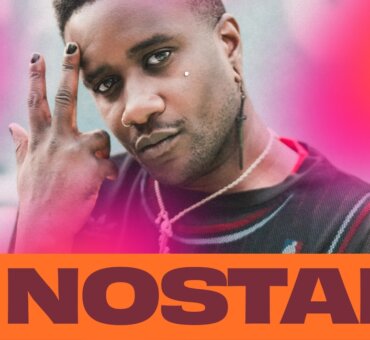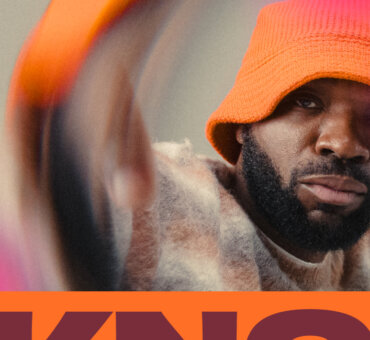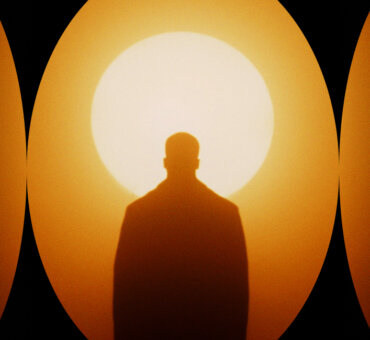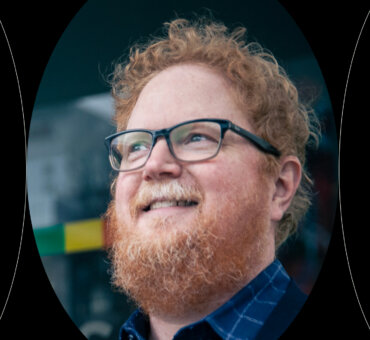Success is a funny thing. It’s nebulous and elusive. Often confusing, occasionally poisonous. In the words of the great Joni Mitchell, “Don’t it always seem to go / You don’t know what you got ’til it’s gone.” This sentiment definitely rings true for our friend and Musicbed composer AJ Hochhalter. After being catapulted into notoriety early on in his career (for his work on the film Blood Brother), AJ was left wondering how to move forward when it felt like his best work was already behind him.
“You start thinking maybe it’s time to quit and go do something else,” AJ told us.
We recently talked to AJ about his early success, the myth of “making it,” and his new perspective on what’s most important in work and in life.
MB: How did you end up at Sundance?
AJ: Very early on in my career, I was lucky enough to get associated with the film Blood Brother. The director heard some of my music online and sent me a message through Facebook. He said they’d used some of my music in a temporary trailer, and they were probably going to replace it. But in case they didn’t, was I okay with them using it? I was like, “Of course, that’s great.” Pretty soon they were like, “Hey, we can’t get rid of the music; we love it so much.” And I eventually became one of three composers on the film.
It was a cool project. I loved the story. But I thought that’s where it would end. Then I got this call that, hey, it got into Sundance. Going to Sundance had been a goal of mine since I first started composing, but I assumed I would be a 45-year-old composer by the time that happened. And even then, I just hoped the film would premiere there, not win anything. So I went to Sundance in 2013 with Blood Brother, and the film ended up winning the Grand Jury Prize and the Audience Award. I don’t think a U.S. documentary had done that since the ’90s. All of a sudden, there were all these reporters and all these articles about me. The University of Kentucky, my alma mater, took me out on center court during a basketball game. There were flags all over campus with my face on them. It was out of control.
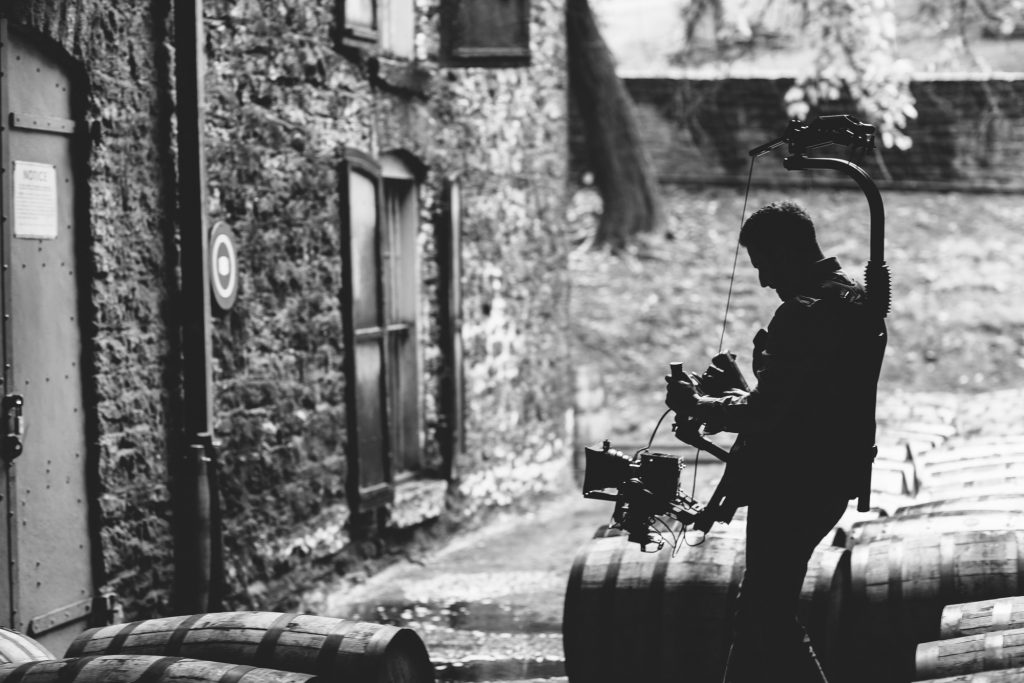
Then it just stopped. And I realized, Wow, that might never happen again. I realized I would be trying to get back to that point for the rest of my career. It made the whole thing very bittersweet. That’s the weird thing about success. You never feel like you’re making it until you look back.
Do you feel like it distorted your view of your work?
It totally did. It made me idolize the older stuff I’d written, the stuff that was in the film. I would use that as the measuring stick, which doesn’t make any sense. But it’s hard to climb out of that when you feel like you’ve already done your best work. It’s hard to get started again. You sit down in front of the piano, and it’s like, “Do I even know how to do this anymore?” You start thinking maybe it’s time to quit and go do something else.
So what did you do?
What helped me is I’ve always enjoyed hip-hop music. Like, a lot. It’s how I learned the programs I use now. So I went back and started making music that no one would ever hear. I made music just for fun. It got me back into making stuff. It got me excited about making music even if it was just for me.
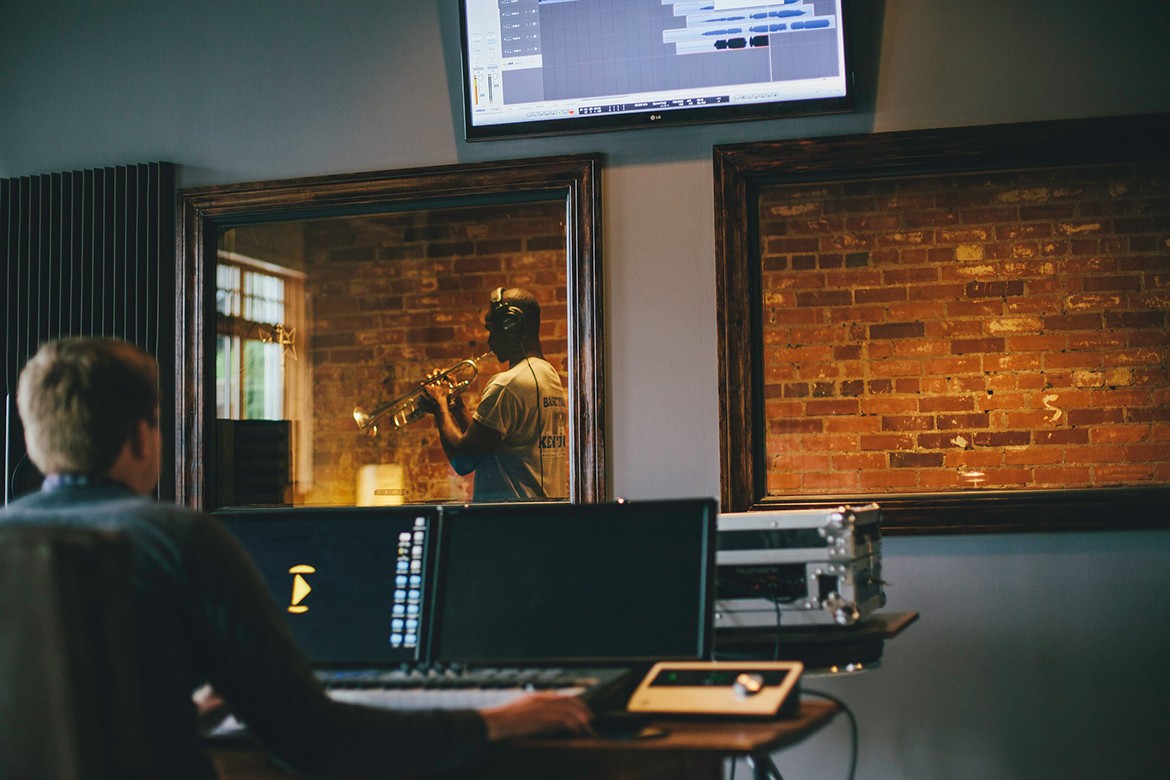
So I went back and started making music that no one would ever hear. I made music just for fun. It got me back into making stuff. It got me excited about making music even if it was just for me.
Do you still believe in setting goals?
I went to business school, so I believe there is something good about knowing where you’re at and where you want to go. It’s good to have something you’re trying to hit. But I don’t think goals need to be as all-or-nothing as I thought they should be in the past. It comes down to the heart you have when you set the goals. When I first wanted to go to Sundance, it wasn’t because I wanted to be part of an awesome film that did well in the world. It wasn’t because I wanted to build meaningful relationships. My motives were that I wanted to do something everyone would see, that would give me authority and show people how good I am. I wanted to be famous and cool and awesome. But that’s empty stuff. That stuff gets you nowhere. If that’s the heart behind your goal, you’re going to have a rough time when you get there. You’ll wonder, like I did, why you don’t feel the way you thought you would. I still believe in setting goals, but now I set them through the lens of, “What does this mean for me as a person and for my family?”
Do you think it will end up being arbitrary which work we are most known for, which work is most successful?
Yes, I do. For example, I had five pieces of music on Blood Brother. Four of them were like “meh.” I barely remember writing them. I just threw them in some folder because they seemed cool. Only one of them was something I’m still very proud of.
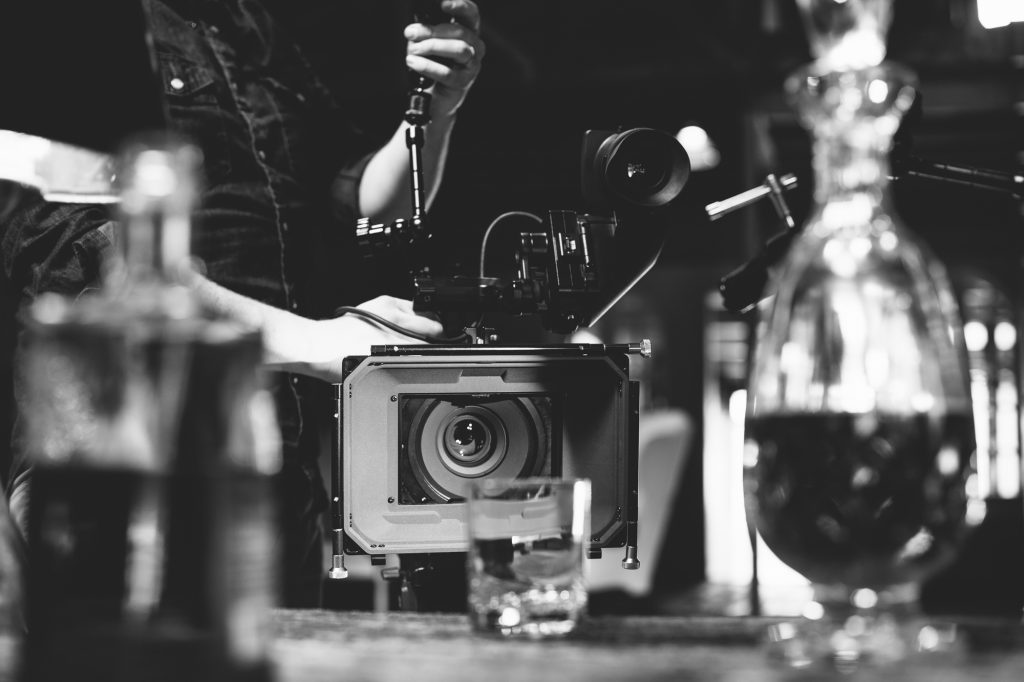
The other thing with all of this is that I didn’t write this music straight to screen. I tweaked songs I’d already written. I feel like I succeeded on somebody else’s talent. That’s the feeling you get, like you’re faking it.
Maybe everyone feels that same insecurity about success, like somehow it doesn’t count.
I deal with that a lot. It’s a problem of mine. Case in point, I bought a ticket to a bourbon tasting that was taking place in the building I own, and I still felt like I was doing something wrong when I showed up. Like I hadn’t done something right, I’d bought the wrong ticket, they weren’t going to let me in, and it was going to be embarrassing.
I feel that way all the time. I don’t know where it comes from.
I don’t know either.
Has the whole Sundance experience given you more confidence, less confidence, or the same?
I think, overall, it has given me more confidence. But I don’t know. Some days I have all the confidence in the world that what I’m doing is good. Then the next day I think, Oh, okay, it sucks. My opinions about myself aren’t very steady. But it’s given me the confidence that if I do write a great piece of music, I have the relationships to get it where it needs to be, to where it can serve a film.
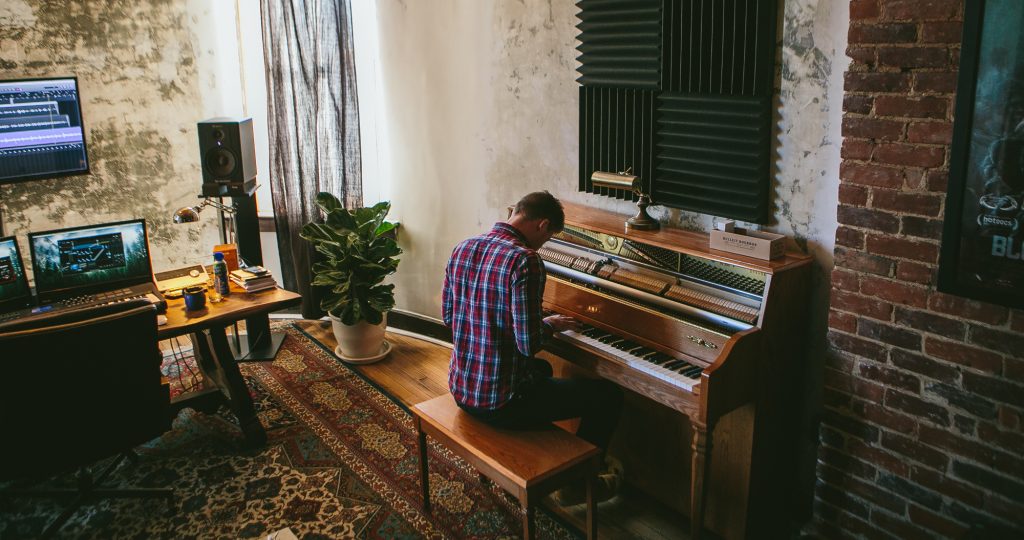
What do you feel like you’ve learned through all this?
I’ve learned not to make the way you feel about your art the main focus of your life. Don’t make what someone thinks about your stuff — or how many plays it gets or how many downloads it gets or how many IMDb credits it has — the main thing; because even if you do succeed, you’re going to be a wreck. When your life is focused on other things and then something cool does happen, you can accept it as just being something cool.
Do you wish your original plan had played out and you’d gone to Sundance when you were 45?
Not at all. I would have stayed in that cycle of, “I gotta get there, I gotta get there, I gotta make it, I gotta make it.” I would have had grey hair when I got there. Instead, I got to see early on that even though these things are a huge honor, I don’t want them to be the main purpose of my life. Sundance was very cool; but compared to the relationships I have now, compared to my kids and my wife, compared to having my family living right down the street, compared to all of that — Sundance was not that cool. I would have missed out on some really cool stuff if I’d kept chasing after Sundance for all that time. Don’t get me wrong, I’d love to go back — but just for fun next time.

It’s strange how the things we want most in the world often end up being disappointing. Maybe that’s because we’ll never be very fulfilled by accomplishments. At best, the buzz lasts a couple days. What seems to matter most is how we spend our days every day. The work we dedicate ourselves to. The people we spend time with. It reminds us of an Annie Dillard quote: “How we spend our days is, of course, how we spend our lives.” The good news is we get to decide.















































































